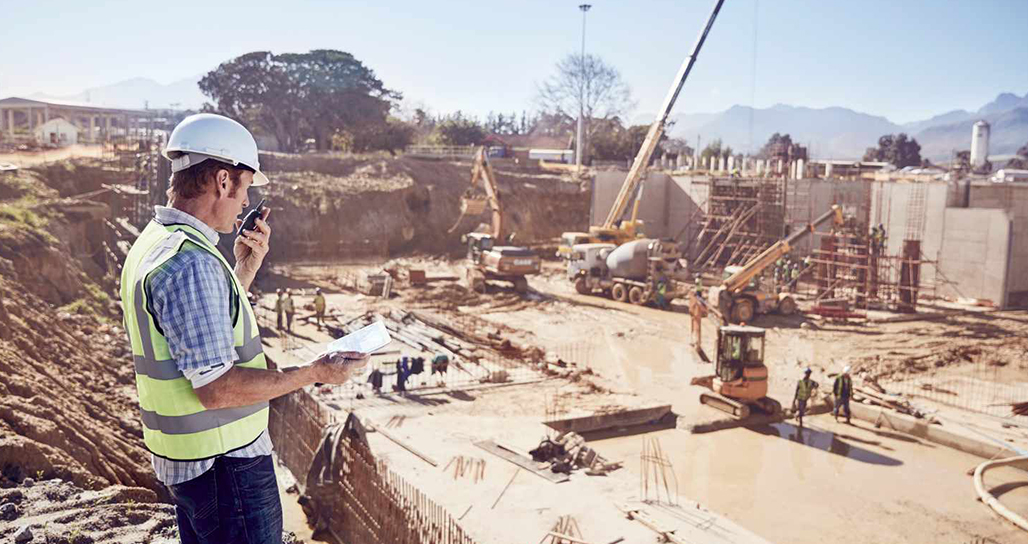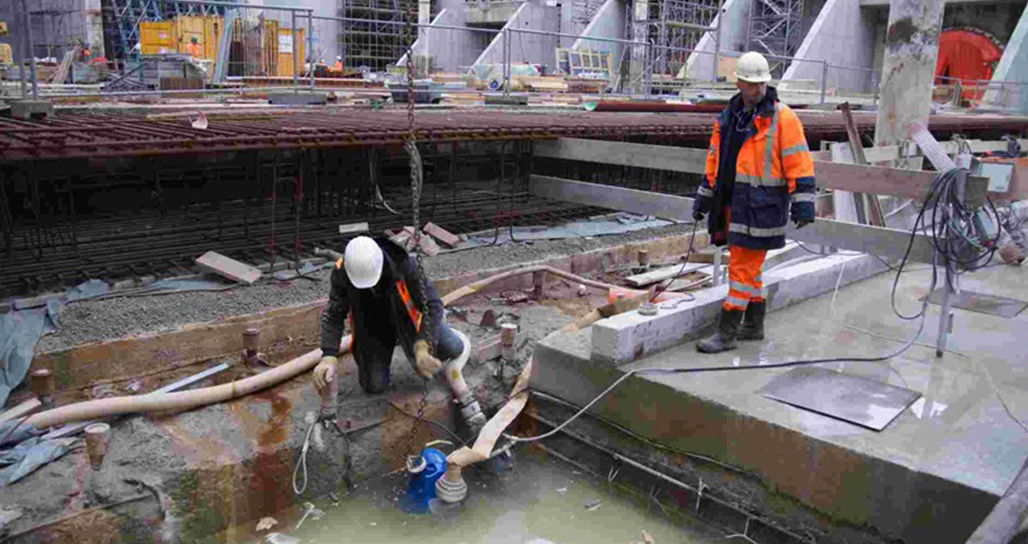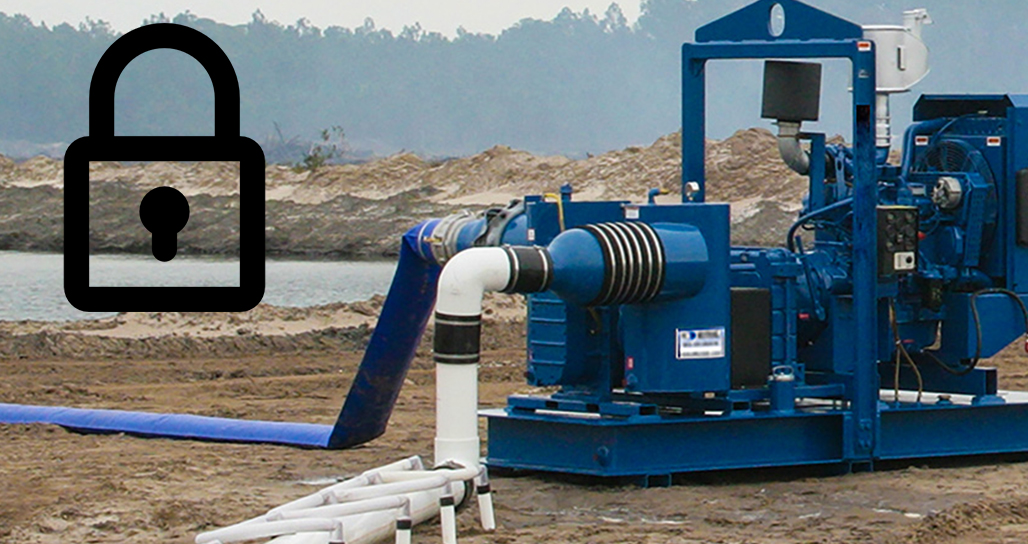Benefits of Dewatering
Benefits of Dewatering
Introduction
The dewatering process ensures the soil is dry prior to mining pumping removes surplus water on the ground's surface and subsurface, which will help firm up the soil. If done perfectly, dewatering averts soil erosion and major failure.
What are the Benefits of Dewatering?
- Strong Soil and Work Area
- Labour Safety
- Scheduling
- Protect Valuable Equipment
Strong Soil and Work Area:
The intact removal of excess water by dewatering can avert hazards like mud slides, precarious foundations, and equipment failure due to bogging. This also ensures your worksite is in a condition ready for excavation, foundation preparation and cement footing pours.


Labour Safety:
The dewatering process can help keep your workers healthy, happy and, most importantly, intact. Because standing water can often end up contaminated, it poses various health uncertainty for site managers, crews, their families, and surrounding communities. Additionally, it increases the uncertainty of worksite injury due to slips and falls.
Scheduling:
Incorporating a successful dewatering strategy allows you to keep your construction project on schedule. job sites can face adversities at any stage, such as inundation from heavy rain and unexpected cyclone, successful dewatering decreases unnecessary delays.


Protect Valuable Equipment:
Construction equipment and building materials are extravagant. Excess moisture because of standing water can brunt your equipment's integrity and eradicate materials essential for keeping your worksite on schedule. avert project delays and budget overages by employing precaution dewatering measures to keep your worksite and equipment storage areas free from excess water.



